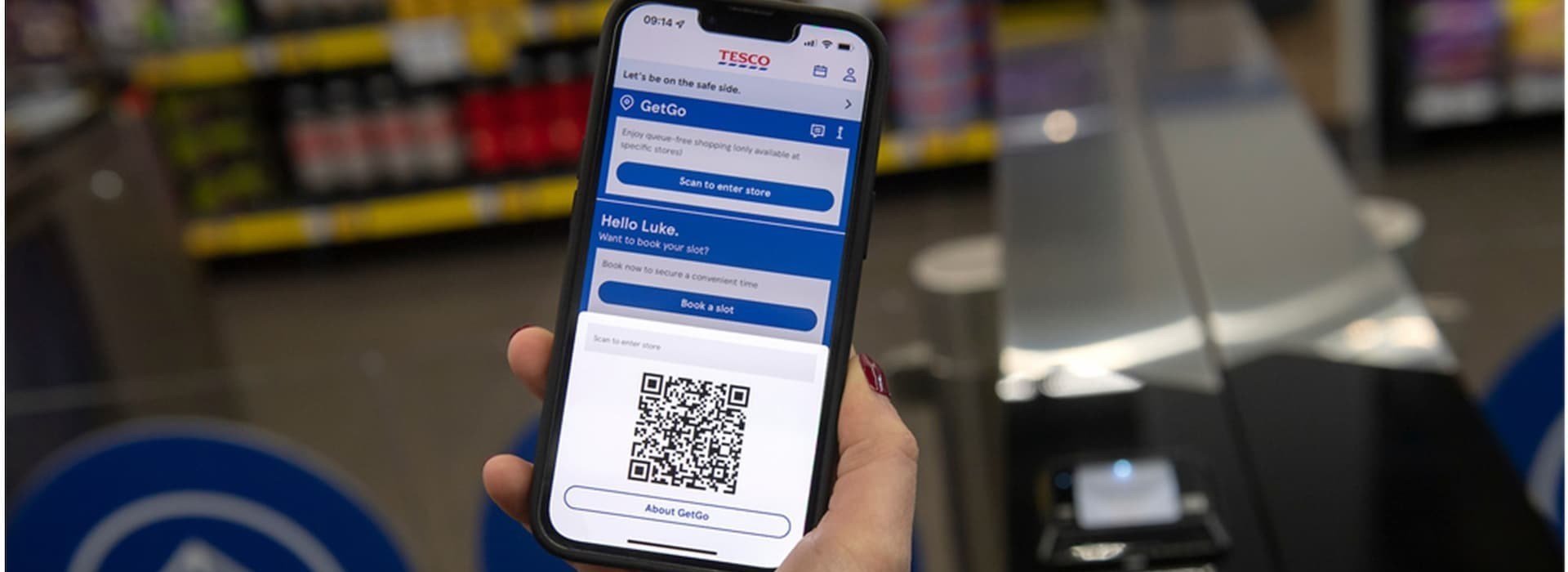Blue Yonder highlights dramatic shift in shopper behaviour during coronavirus crisis
With many stores forced to close their doors during the coronavirus outbreak, spending has shifted online, but consumers won’t revert to old routines once things are back to normal.
That’s according to research by Blue Yonder involving 6,000 European consumers and 1,000 people in the US.
Almost two-thirds of European shoppers who are spending more online will continue to do so once the crisis subsides (as high as 77% in France and 67% in Germany). Almost a fifth will visit grocery stores less than they did before (19% in the UK); stores in Italy (24%) and France (23%) are especially likely to see customers less frequently.
With many shoppers decreasing the number of trips they make, we’ve seen a return to the traditional big weekly food shop. Before Covid-19, price and range of products were more important, but now people care more about stock availability. A separate survey showed shoppers in the US would likely switch brand or retailer if faced with out-of-stocks.
More than half of us have spent less on fashion since the coronavirus hit (57% in the UK, but as high as 77% in Italy and 68% in France), with DIY and electronics also taking a hit. They’ve cut back on these areas, but nearly half of European consumers have increased spending on grocery since the crisis started.
“Online grocery delivery services have seen a big upward trend and attracted a lot of new customers, as a result of people being unable or unwilling to leave their homes. For new customers, their initial online grocery delivery experience will likely influence their repeated custom in the future, so it is crucial it is a positive one,” says JoAnn Martin, VP of Retail Industry Strategy at Blue Yonder.
“It is clear that both online and in-store shopping behaviour will change as a result of the Covid-19 pandemic,” adds Wayne Snyder, VP of Retail Strategy EMEA at Blue Yonder.
“On the one hand, many retailers are going to need to ramp up their online fulfilment operations to meet growing customer demand and expectations. On the other, they will need to carefully consider the changing role of their store estates in terms of supporting both their online and offline business in the future.”










